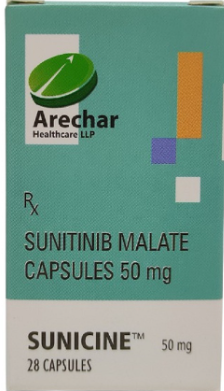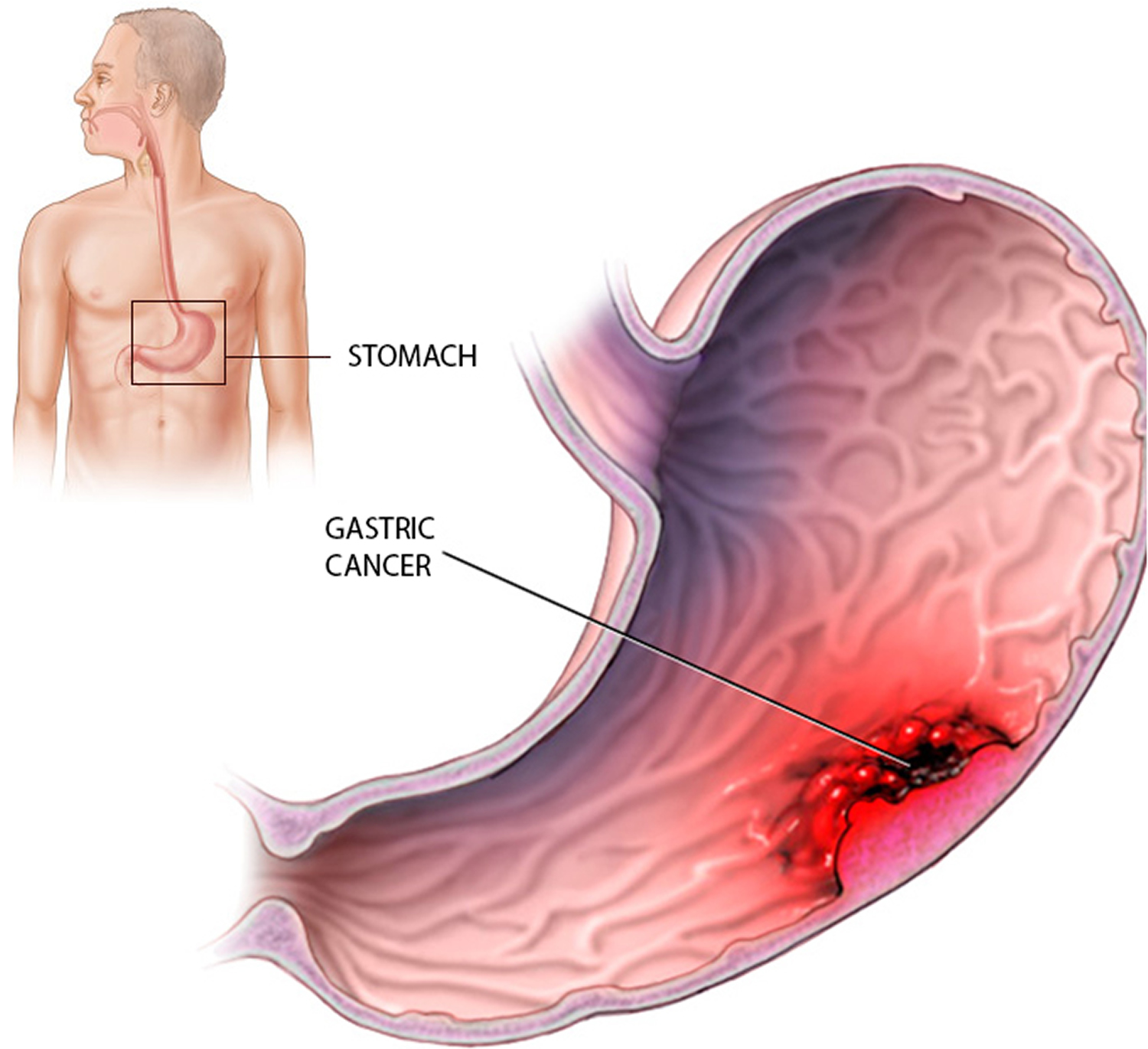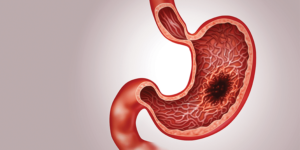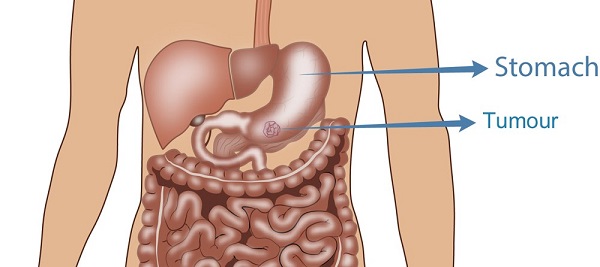Gastrointestinal Stromal Tumors
 GIST are curable in the first stage. However, there’s a risk factor of recurrence. The five-year survival rate of patients suffering from GIST is around 83%; however, it may vary in factors and stage of GIST. This statistic is based on the people who have been diagnosed between the years 2010-2016.
GIST are curable in the first stage. However, there’s a risk factor of recurrence. The five-year survival rate of patients suffering from GIST is around 83%; however, it may vary in factors and stage of GIST. This statistic is based on the people who have been diagnosed between the years 2010-2016.
Nowadays, new therapies are developing with a personalized approach to offering effective treatment. GIST or Gastrointestinal stromal tumor is a type of cancer that develops in the GI or gastrointestinal tract.
The outlook that people have towards GIST and survival rates can vary from one person to another. It mostly depends on the cancer stage on diagnosis and if the cancerous cells are dividing and growing rapidly. The overall outlook of people about GIST is improving as the targeted therapies of the new generation are introduced.
The gastrointestinal stromal tumor survival rate
There are three stages of GIST cancer, and the following are the statistics showing the survival rate of people who were diagnosed with GIST between 2010-2016
- Localized
The survival rate in this stage is 93% since the cancer is known to remain in the organ from where it has begun.
- Regional spread
The survival rate in this stage is 80%, as cancer is detected in the nearby tissue region.
- Metastatic
The survival rate in this phase is 55%, and in this stage, cancer starts spreading to other parts of the body.
As reflected in statistics, these survival rates can be better as more cancer treatments and effective medicines like Sunitinib Malate are developing and advancing for gastrointestinal stromal tumor at rapid rates.
Outlook
Doctors take the following factors into account for the diagnosis of gastrointestinal stromal tumor-

- Location and size of the primary tumor.
- If surgery can remove the tumor safely.
- The rate at which cancerous cells are advancing.
- Age of patient and health condition.
GIST is a common disease usually in people beyond 40 years of age. However, teens, adults, and children can also be diagnosed with GIST.
Whether GIST is curable or non-curable?
GIST is curable with positive survival rates if an early-stage tumor is only present that can be removed surgically without affecting the vital organs. Here a minimally invasive laparoscopic surgery is done. Many people make a complete recovery without the requirement to do further treatment. A surgery is enough to cure gastrointestinal stromal tumor that includes a tumor of less than two centimeters. However, cases will be recurring if tumors are bigger than 2cm in size. Cases will certainly be recurring for tumors that have a size of 10cm. Although the physician declares that you’re cured or cancer-free, you need to do consistent follow-up tests for monitoring recurrence.
Some tumors can’t be removed surgically either because they have spread to other body parts or large. But the cancer is treatable and curable if targeted drugs like Sunicine are used to treat gastrointestinal stromal tumor. TKIs or tyrosine kinase inhibitors help shrink tumors, relieve symptoms, and slow the spread of cancer.
Sunitinib – Description and Side effects
A prescribed medicine that helps treat and cure gastrointestinal stromal tumors, neuroendocrine tumors, and renal cell carcinoma is Sunitinib. It belongs to a class of drugs referred to as Tyrosine Kinase Inhibitor.
Sunitinib malate side effects
Some common side effects of Sunitinib are-
- Breathing difficulties
- Fever
- Loss of appetite
- Skin pain
- Swelling of lips, face, throat, tongue
- Tiredness
- Itching
- Dark urine
- Numbness, pain, redness
- Unusual bleeding
- Nosebleed
- Red or purple spots
- Jaundice
- Decreased urination
Consult a doctor immediately if you notice any of the above symptoms.









 +91-9811604444/ 9811604424/ 9999064250
+91-9811604444/ 9811604424/ 9999064250  8(800)100-47-90
8(800)100-47-90


